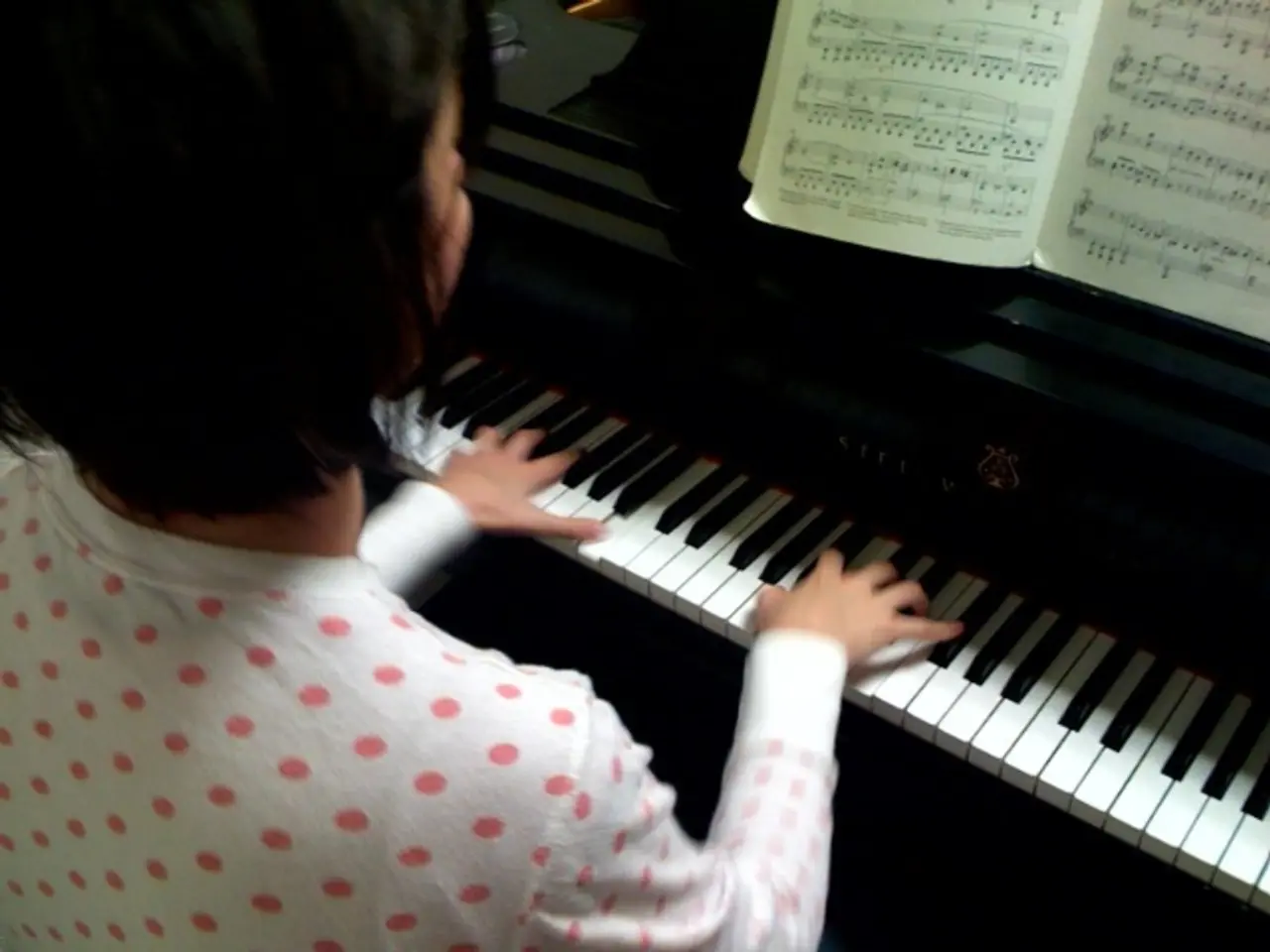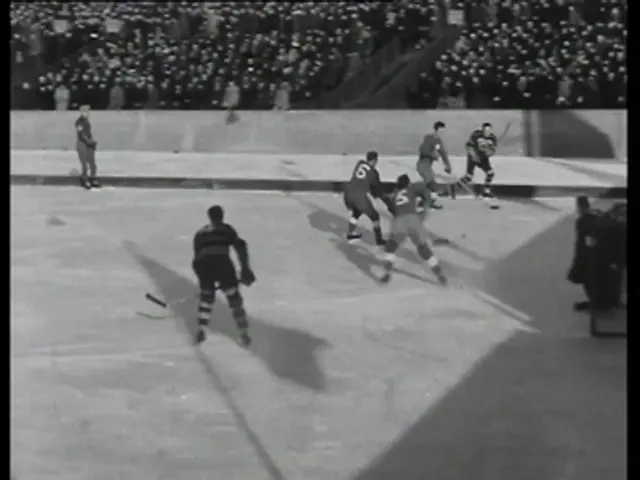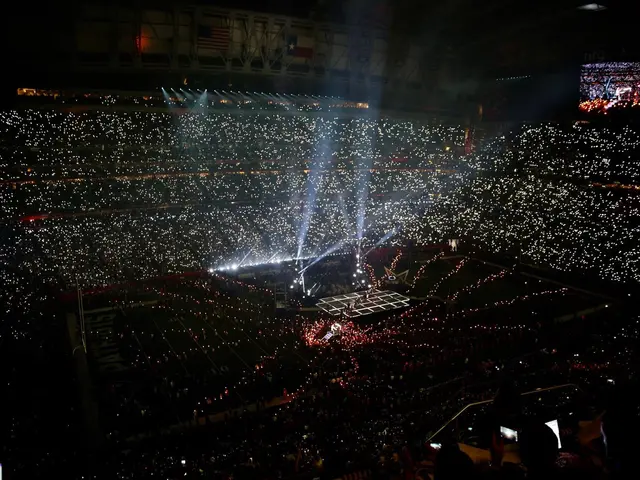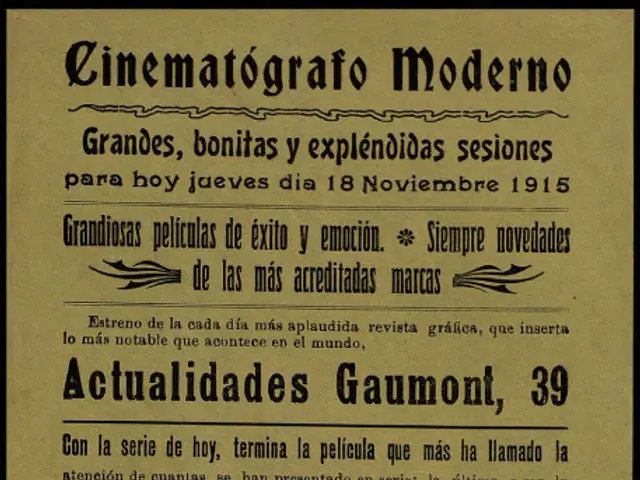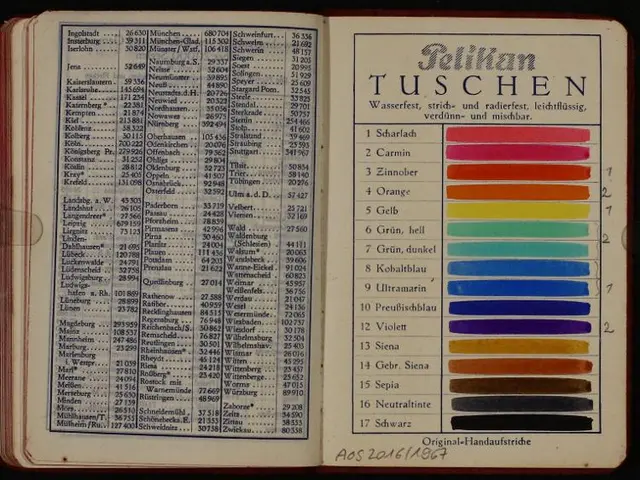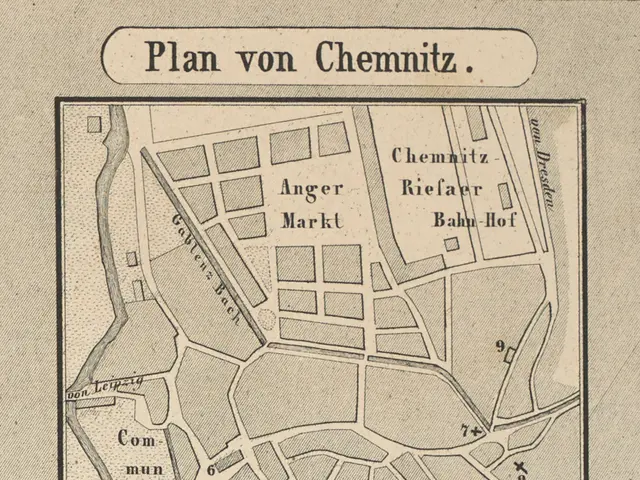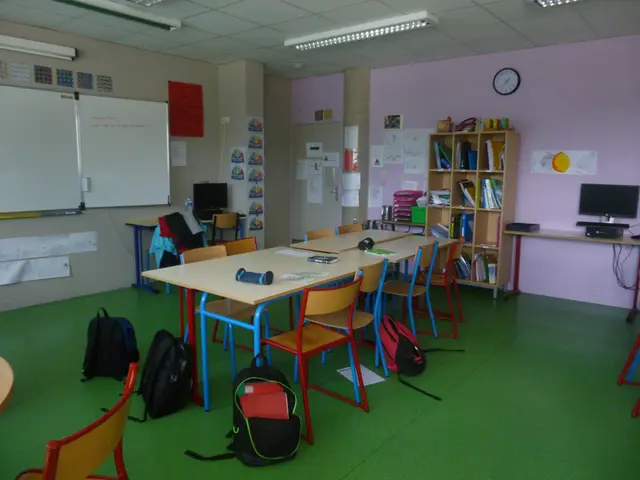In celebration of Arvo Pärt's 90th birthday: a musical artist fostering harmony amidst societal discord
In the quiet town of Paide, Estonia, on September 11, 2025, Arvo Pärt, the nation's most celebrated composer, turned 90. Born in the midst of turmoil, Pärt's early years unfolded against the backdrop of two occupations: Nazi and then Soviet.
Throughout his half-century career, Pärt's work, often described as austere and luminous, has stood apart from the noise of contemporary culture. In the late 1960s, Pärt fell silent, withdrawing into the study of Gregorian chant, Renaissance polyphony, and Orthodox liturgy. This period of silence marked the birth of his unique compositional style, Tintinnabuli, which defies neat definition, with some calling it minimalist and others mystical.
Pärt's music has reached a global audience, with his compositions being heard in hospitals, monasteries, concert halls, soundtracks, and sacred spaces. His work has been widely performed, and in 2024, according to Bachtrack's statistics, he was the most performed living composer, with Fratres and Spiegel im Spiegel heard in as many countries as pop hits.
In February 1976, Pärt created Für Alina, which contained within it the germ of an entire new language: Tintinnabuli. This style, with its focus on two voices, has become synonymous with Pärt's music.
The Estonian Philharmonic Chamber Choir, under Tonu Kaljuste, toured Europe, culminating in a Late Night BBC Prom at the Royal Albert Hall dedicated to Pärt as the 'father of Holy Minimalism.' The overarching theme of the concert was peace, with Pärt's serene Da pacem Domine juxtaposed against works by Bach, Rachmaninoff, Galina Grigorjeva, and Veljo Tormis.
Vox Clamantis premiered a long-dormant work, Prayer to the Holy Trinity, as part of the celebrations for Pärt's 90th birthday. The Estonian Centre for Music published a book-album of private musical greetings written over half a century, showcasing playful, witty pieces that demonstrate Pärt's continued ability for mischief.
In a rare interview, Pärt stated that the coronavirus pandemic is a 'total fasting for the whole world,' emphasizing that humanity is a single organism and human existence is possible only in relation to other living beings. In an age defined by fracture, Pärt's music insists on unity - not as abstraction but as lived experience.
In recognition of his contributions to music, Pärt was made a Commander of Monaco's Order of Cultural Merit in May 2025. ECM re-issued Tractus on vinyl, marking Pärt's long collaboration with Manfred Eicher. The boy circling a loudspeaker in Rakvere could not have imagined such reach, yet perhaps he sensed already that music was the surest way of saying: we are all in this together.
Pärt's music offers listeners not escape, but a pause - an invitation to listen inward. In a world that often feels fractured, Pärt's music serves as a reminder of our shared humanity.
Read also:
- King Charles's body language analyst dissects signs of apparent 'impatience' exhibited by Charles towards Trump
- Mohammad Yousuf publically labeled Suryakumar Yadav as a "pig," an unusual slur Yousuf explained.
- Today's most impactful photographic moments
- Support for Eric Adams in The Post's Letters to the Editor on August 13, 2025
